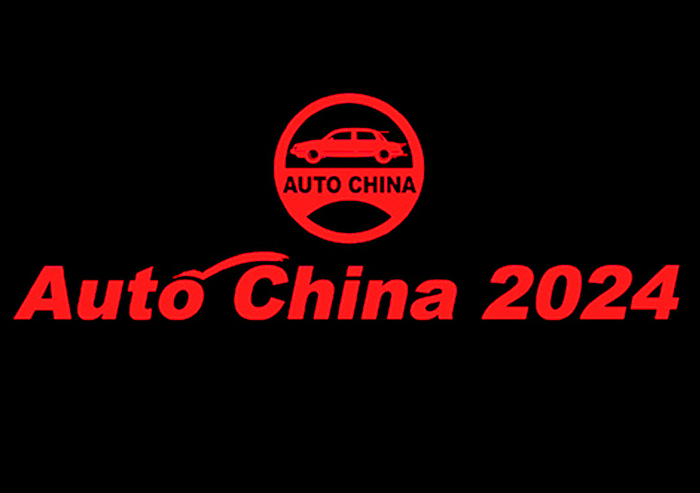Icon: enlarge
The BMW iX3 is the first all-electric model from the BMW brand
Photo: Fabian Kirchbauer / BMW
At the BMW stand at "Auto China", the first major auto show during the corona pandemic, which has just ended in Beijing, the two extremes of the Chinese car market were clearly visible.
The Munich-based carmaker showed the 535 Le model, the long version of its upper mid-range sedan stretched by 13 centimeters - and next to it the iX3 SUV model, the first electric car from the BMW brand (not the sub-brand BMW i), which is now being built in China.
The Chinese market is an automotive yin and yang, especially for the so-called premium brands such as Audi, BMW, Mercedes or Porsche: Swanky models with classic luxury attributes are in demand here like nowhere else in the world - and the same applies to electric cars, which are also in China receive massive state funding.
For the German import brands, this means first-class business, but also a balancing act between the old and the new automotive world.
This is particularly evident at the moment, because the car market in China has recovered quite well.
"Premium is on a high in China immediately after the corona crisis," says Jan Burgard from the consulting firm Berylls.
That sounds promising for models that appeal to the status consciousness of wealthy Chinese customers.
On average, they are around 10 to 15 years younger than in other regions of the world, and the proportion of women, at around 30 percent, is significantly higher than anywhere else.
The thicker the account, the longer the car
For these status-conscious customers, practically all manufacturers in China offer special long versions of their local models.
BMW, for example, for all sedans of the 3, 5 or 7 series and even for the compact SUV X1.
At the trade fair in Beijing, the new Mercedes S-Class in the long version (5.29 meters), the revised Audi Q5 in the long version (4.77 meters) and the Porsche Panamera Turbo S (5.05 meters) also made their debut 630 hp power.
The latter value is also an anachronism in principle, especially in stop-and-go traffic in Chinese metropolises.
But: Above all, the excess of performance stands for prestige, because hardly any Chinese customer is interested in sporty driving behavior.
Instead, in many ways, there is big buying in China.
In view of the troubled markets in Europe and North America, this is good news for German automakers.
"In August alone, 1.76 million vehicles were sold in China, six percent more than in the same month last year," says Wolfgang Bernhart, automotive expert at the management consultancy Roland Berger.
"This development is mainly driven by strong SUV sales. And the average price has also increased by 9 percent compared to the previous year."
The first electric BMW comes from China
The main beneficiaries are Audi, BMW and Mercedes.
According to the consulting firm Berylls, the German manufacturers are in the current year - despite the massive Corona slump in spring - in comparison to 2019: At BMW (+45 percent), Mercedes (+19 percent) and Audi (+18 percent ) Business in China is booming.
China has also taken on the pioneering role once again when it comes to electromobility.
After Europe briefly overtook China (392,000 units) in the first half of 2020 with a total of around 400,000 new registrations of e-cars and plug-in hybrid models, China is now back in front.
This is also due to the new Tesla factory in Shanghai, which started production at the turn of the year.
Car expert Ferdinand Dudenhöffer predicts: "The Musk factor will lead to China regaining its market leadership in the electric car market at the end of the year and not relinquishing it for the next 50 years either."
The electric dominance of the Chinese market also influences the German manufacturers: The electric SUV BMW iX3 just presented is manufactured by BMW Brilliance Automotive in the Shenyang plant.
The model will be built exclusively in China, but will be offered worldwide.
BMW has already announced a starting price for the car in Germany: 69,800 euros.
What is still missing is a date when the E-BMW will hit the streets in this country.
Last but not least, that should also depend on how great the demand for the car is in China.
The desire or reluctance to buy in the Far East is now also shaping the offerings at German car dealers.
Icon: The mirror















